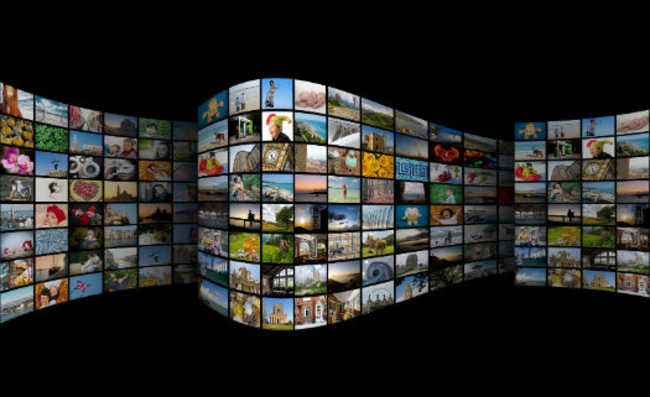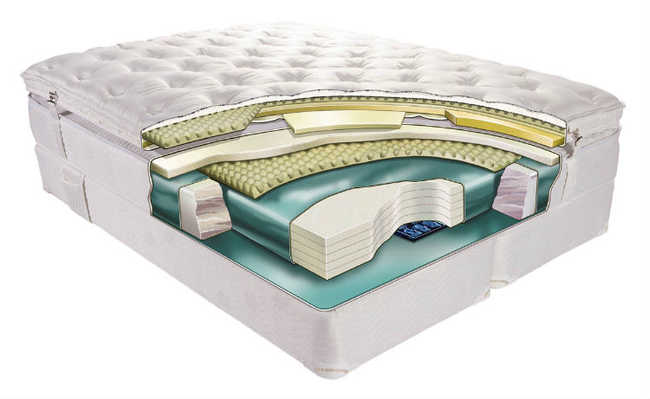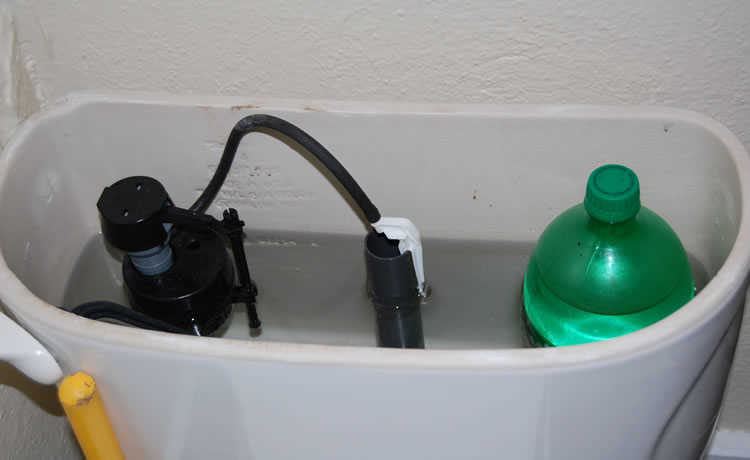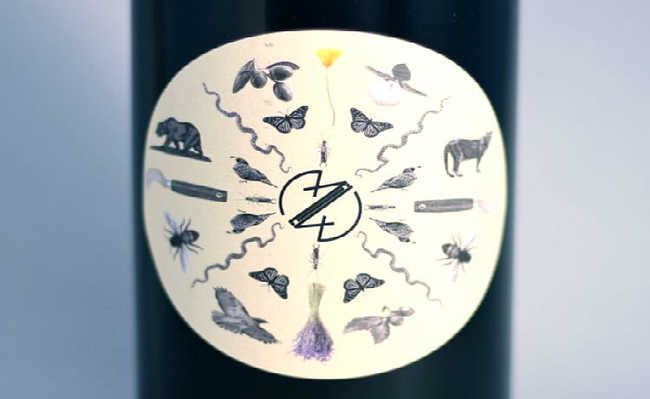The Netflix Model and Shared Content
Is consuming products left behind?

The idea of the established content distribution model via streaming, Netflix, emerged when its CEO, Reed Hastings, had to pay a $40 fine for delaying a movie. He then came up with the idea of creating a DVD movie rental service through the post office. If the client kept up to date with his monthly fees, he could have three films indefinitely. This simple idea eliminated late fees as well as making life easier for the user. He didn't have to watch the movie on the run to return it the next morning. The business started little by little, but it grew and radically affected the segment when the company introduced such a system of streaming, in 2007. The company brought down the giant Blockbuster and several Hollywood studios surrendered to the services of the online rental company, allowing the expansion to other markets.
Currently the company only has the service of streaming and it already provides its own content, such as series and movies of various genres on its platform. The Netflix concept is inspired by the technology of streaming from Apple (iTunes), on the idea of self-service, in which the customer has the freedom to choose (in terms of restaurants) what he wants to eat and the quantity, in addition to the customization concept.
Netflix template
Any successful model generates interest and copies. The company's rapid rise has attracted a wave of startups and large retailers that hope to be the Netflix of other industries, such as toys, books, fashion, jewelry, etc. Some of these ventures charge a membership fee, as does Netflix, and others offer online rentals where the customer pays per item. All these businesses are based on the shared economy, in which the way of consuming is changed. In this model, consumption is focused on enjoying the service itself, replacing the paradigm of product ownership. These companies make money by sharing the same products rather than by selling more products. Shared savings also include Airbnb, which rents private rooms, apartments and houses, and Zipcar, which charges a monthly fee to members who share cars rather than own them.
Most companies assume that avoiding the production of new products and encouraging shared consumption of goods is sustainable. After all, the “less things the better”. However, life cycle and ecological footprint analyzes may reveal another reality.
This is the philosophy followed by Max Gover's company, Spark Box Toys, of New Jersey. Founded in 2012, the company charges a member fee for a box of toys intended for children under the age of four. A box arrives every four, six, or eight weeks, and parents have the option to buy the toys.
"Educational toys are short-lived because kids develop so quickly, so what happens is you have this incredible amount of waste building up," said Gover. "A child can cling to a teddy bear. But a toy that teaches you to swing will be of little use after that (skill) is acquired."










